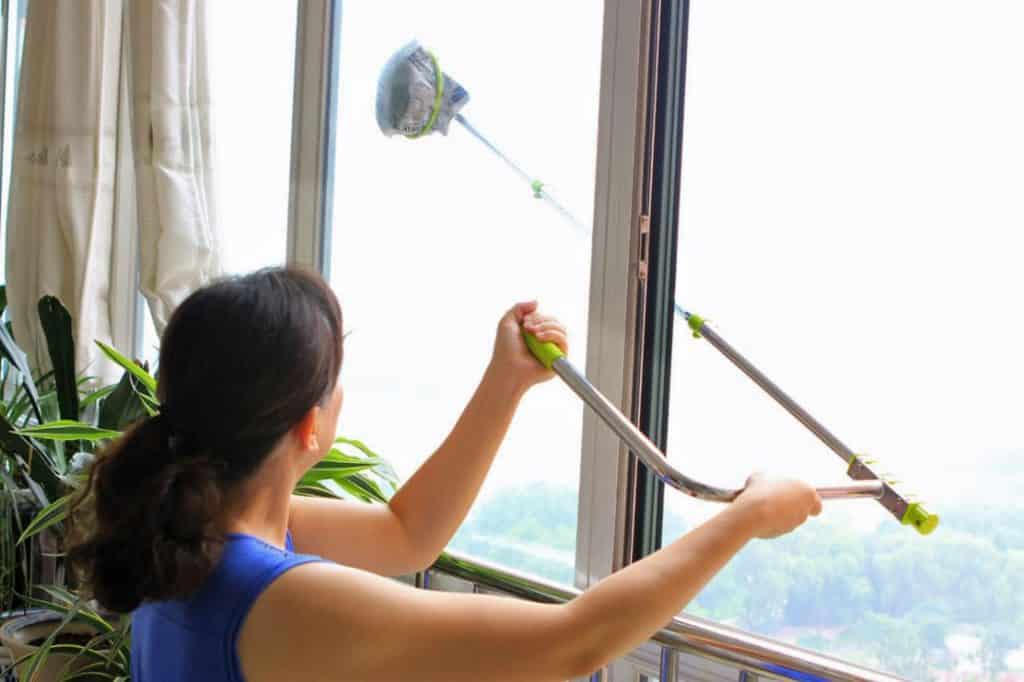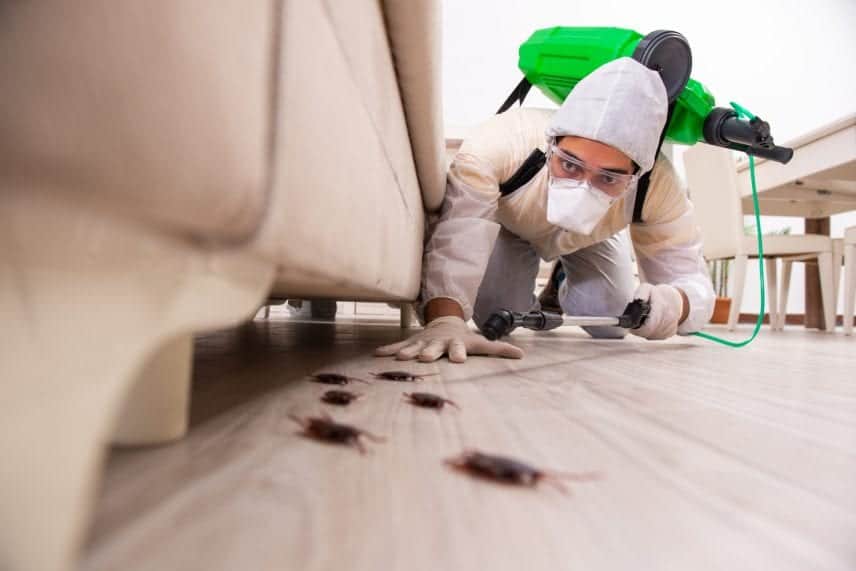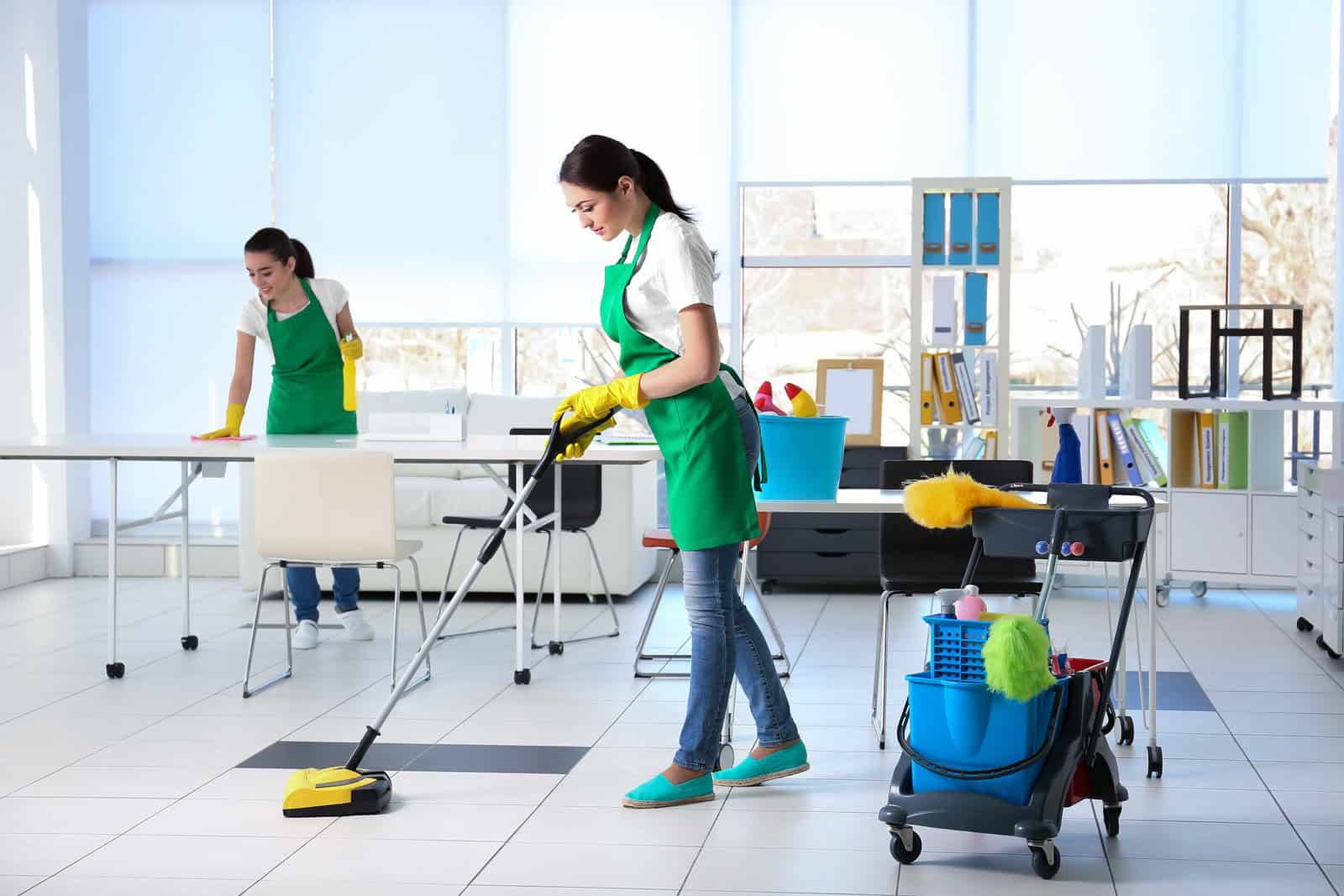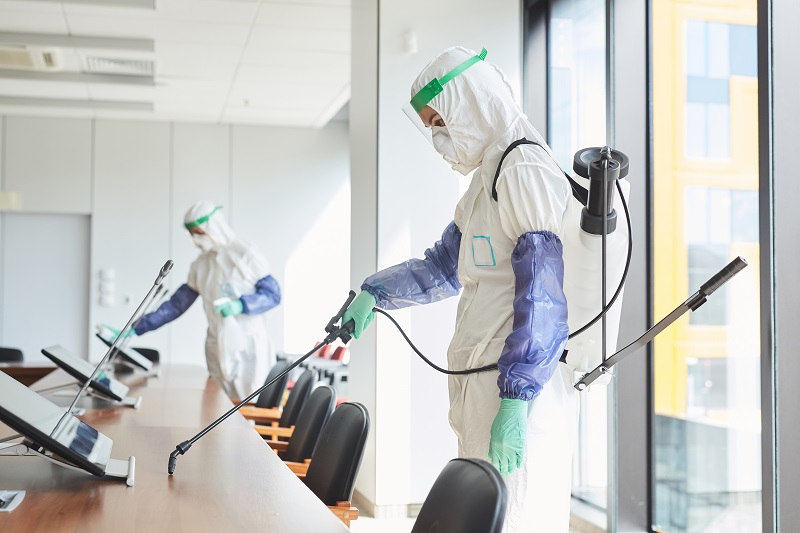27 June 2024
The Impact of School- Based Environmental Clean-Ups
There is a famous saying by Benjamin Franklin, “A place for everything, everything in its place.” In the thriving regions around Melbourne, schools go beyond textbooks and classrooms. They do not educate verbally but practice a hands-on approach. In such an approach, students study the environment and are involved in cleaning communities, managing waste, and transforming urban spaces with greenery. This is the perfect example of where practicality meets passion and shapes a bright future.
Discovering Education through Cleanliness
Nowadays, education is not limited to desks and lectures. For a better understanding, let’s see Victoria, where students come together for community clean-up days. This small initiative evokes a sense of responsibility in protecting public spaces and nurtures a generation that cares about the environment.
Next comes the South of Tasmania, where separating waste is not a mere concept but a daily job. Students gradually grow into pros at handling recyclables from organics and landfill-bound materials. Scraps generate nutrients that are rich in soil for school gardens. It promotes sustainability and creates habits to lower ecological footprints.
Whereas in other continents of Western Australia, the garden of the school blooms with green harvest. Students plant seeds on earth and learn about nature and its sustainable ways of living and growing vegetables. They develop a deep appreciation when they witness their plants grow.
Queensland practices urban greening with great zeal and transforms schoolyards into vibrant green spaces. Students implant trees and make vertical gardens to change them into habitats with life.
Practicing these cleaning activities as a part of education means taking a step in safeguarding our planet. It helps to shape the minds of others and puts little effort into making millions of lives better. It is high time to celebrate such approaches to deal with global challenges.














